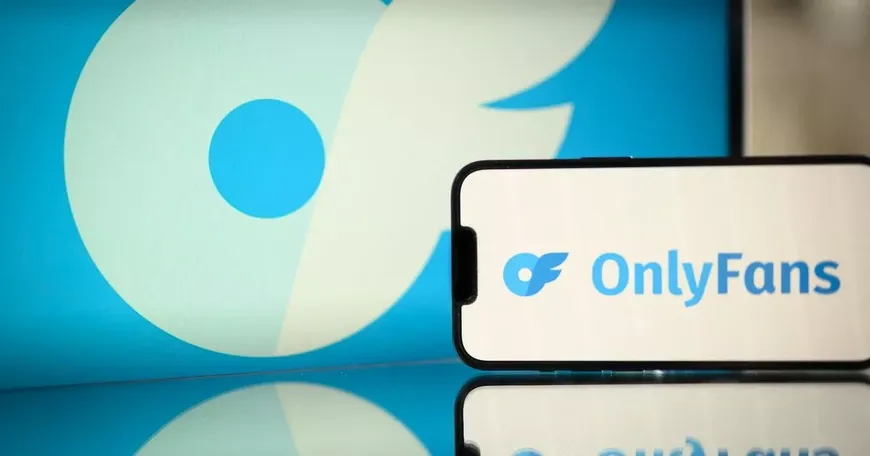
The Hidden Cost Of Onlyfans Piracy: Automation Gone Wrong on OnlyLikeFans

Porn Piracy's Digital Domino Effect
The digital landscape is under siege as adult content creators on platforms like OnlyFans wage war against piracy their way. Their battle tactics often involve hiring companies to issue Digital Millennium Copyright Act (DMCA) takedown notices to sites pirating their paywalled content. However, the tools used to automate this protection are inadvertently targeting unrelated content, causing a ripple effect on the internet as we know it.
Automation, without human oversight, is pointing the finger at innocent bystanders. Cases like the recent mishap with 404 Media, where an article about AI therapists was flagged erroneously, highlight the pitfalls of this approach. The blanket use of automated systems for takedown requests is a growing issue, revealing weaknesses in how copyright is managed online.
Misfires and Mistakes: The Automation Issue
Marie Temara, a creator whose content was wrongfully associated with a takedown request, is at the heart of this saga. A company named Takedowns AI, aimed at protecting creators like her, has been filing automated requests en masse. While meant to shield creators from piracy, these efforts sometimes miss the mark, leading to collateral damage among legitimate online content.
“Automation is great until it backfires – leaving creators and unrelated sites to pick up the pieces,” said one expert familiar with the industry.
A deeper look into the Lumen Database showed many links in the same complaint that had nothing to do with Temara's content. It’s a similar story for the creator "honeyybee," whose automated claim mistakenly targeted an educational article on honey bees.

Industry Voices Weigh In
Despite the good intentions, companies like Takedowns AI face scrutiny for their automation methods. CEO Kunal Anand explained that while they use AI and human reviewers to identify infringing content, client-led searches sometimes lead to erroneous takedowns. "We don't really review it because we are an agent for them," Anand admits.
On the flip side, Yvette van Bekkum of Cam Model Protection emphasizes the need for more rigorous checks, using "whitelists" and manual verifications to avoid false positives. "Just a news article is not a copyright infringement," she insists, highlighting the importance of accuracy in automated systems.
The Bigger Picture: A Tangle of Technology and Responsibility
While creators need protection, the mishandling of DMCA processes points to a larger issue with the internet’s current framework. Google, which processes millions of these requests, strives for a balance between protecting rights and maintaining open expression online. "We actively fight fraudulent takedown attempts," a Google spokesperson said, underscoring their commitment to fine-tuning this balancing act.
As automation becomes a standard tool, the boundaries between protecting content and overreach blur, leaving creators and platforms in a continuous tug-of-war over digital rights. Education and improved technology may offer a path forward, but until then, the internet remains a battleground.















